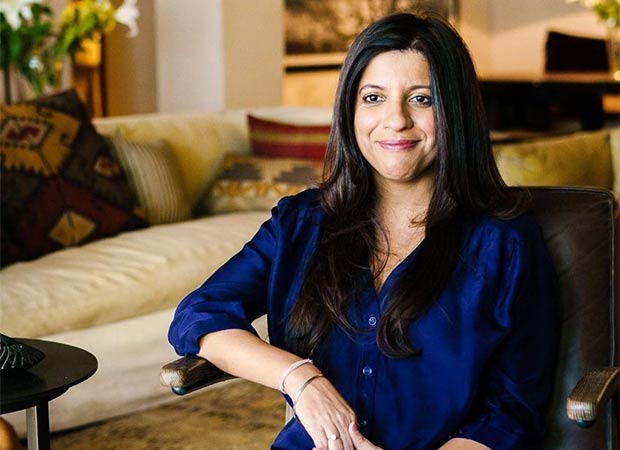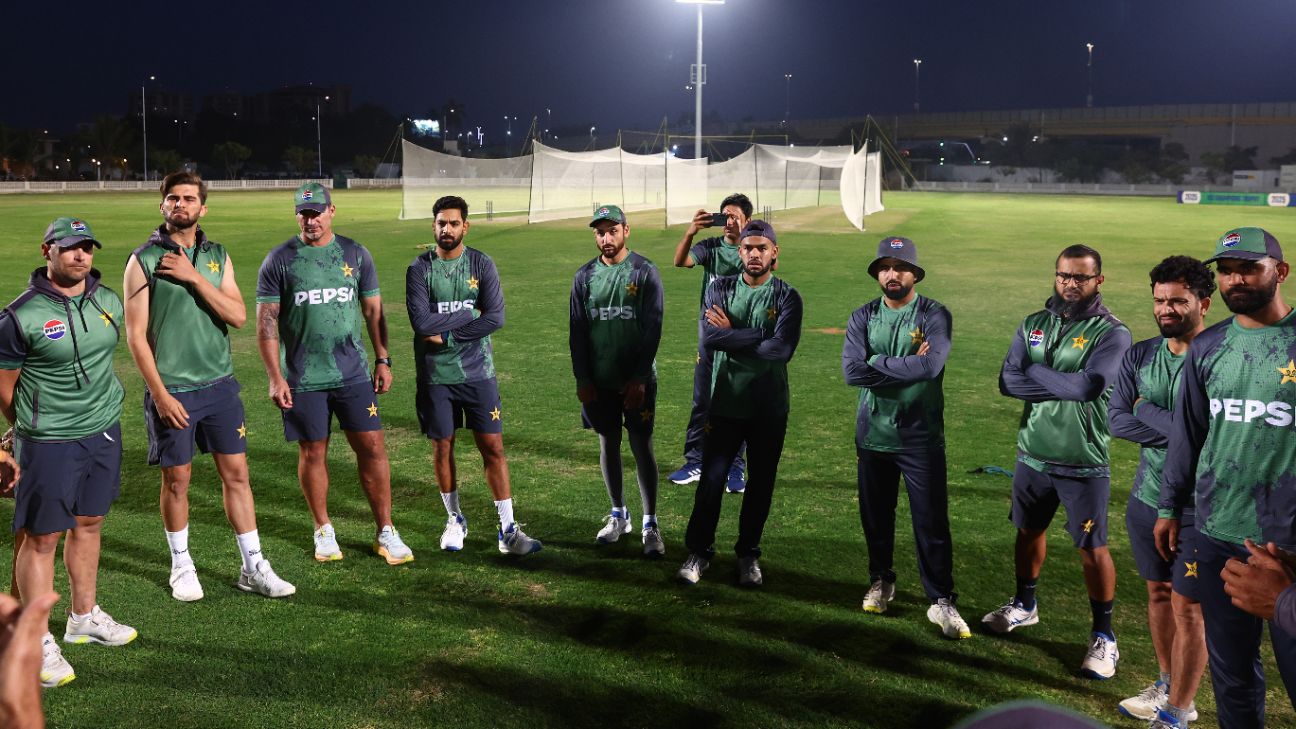New Delhi:
Rakesh Roshan, the legendary actor and filmmaker, appeared on NDTV’s flagship series India: Through The Eyes Of Its Icons. During the conversation, he shared his thoughts on the evolution of Indian cinema. Rakesh Roshan spoke about how, in his time, movies were “larger than life” and provided “wholesome entertainment,” whereas today’s films seem to lack those elements.
Rakesh Roshan said, “I would say that though generations are changing, we are trying to keep up with the generation. What movies were made in the ’60s, ’70s and ’80s, we kept on improving. Today, films are being made for the younger generation. They are not the generation of our time who used to love to see wholesome films. Jisme gaane bhi hote they, comedy bhi hota tha aur action bhi hota tha. It used to be a wholesome film. [There used to be songs, comedy, and action. It used to be a wholesome film.]”
Talking about how films have become shorter and how emotions remain the driving force behind cinema, Rakesh Roshan shared, “Today’s generation, the younger generation, likes to see niche films, shorter films. They don’t have much time. Toh picture 2 ghante, sawa 2 ghante mein khatam honi chahiye. Pehle hoti thi 3-3 ghante ki picture. [So, movies should wrap up in 2 to 2 hours 15 minutes. Earlier, they used to be 3 hours long.]”
He added, “This is the change I am seeing, but I still feel that films which were made earlier, the wholesome entertaining films, still do very well at the box office. Because, basically, there have to be emotions in the film. Bollywood ka ho ya Hollywood ho, jab tak emotions na ho to uska chalna bahut mushkil hota hai. [Whether it’s Bollywood or Hollywood, if a film lacks emotions, it is very difficult for it to work.]”
Explaining the decline in theatre footfall, Rakesh Roshan said, “We used to make wider films. Hamari films Jhumri Telaiya se leke LA tak dekhte the log, Australia tak dekhte the. [Our films were watched from Jhumri Telaiya to LA, all the way to Australia.]”
The filmmaker continued, “Abhi jo hai na picturey choti ban rahi hai, niche ban rahi hai. Aur bahut real ban rahi hain, achi baat hai vo. Lekin real zindagi me jo log reh rahe hai, vo bhi picture dekhne isliye aate hai taaki they also want to see a dream. Vo vo dekh nahi paate hai. Vo jo ghar pe ho raha hai unke vahi aap picture me dekhte hai. So, maybe, that is why the audience has become lesser to come to the theaters. They see movies on OTT platforms at home. [Now, films are becoming smaller, niche and very realistic – which is a good thing. But people living their real lives also come to the movies because they want to see a dream. They do not get that anymore. What is happening at home is what they see in films too. So maybe that is why fewer people are going to theatres. They prefer watching films on OTT at home.]”
On how filmmakers need to adapt to changing times, he said, “Toh jo picture banate the, hum larger than life banate the. Kahani bhi hum, we used to take fairy tales, and we used to make them into a movie, and good locations and good songs. [We used to make films larger than life. Even our stories—we took fairy tales and turned them into movies with great locations and good songs.] So, people need to get connected. But as the generation is changing, things are also changing. So, we have to wait and see. We are in between now. Neither people are liking the old school, nor they are liking the new school. So, we have to wait and see where it takes us.”
Rakesh Roshan is known for his work in movies like Karan Arjun, Daku Hasina, Zulm Ka Badla, Shubh Kaamna, Jeene Ki Arzoo, Pyaara Dushman and Anand Ashram, to name a few.






